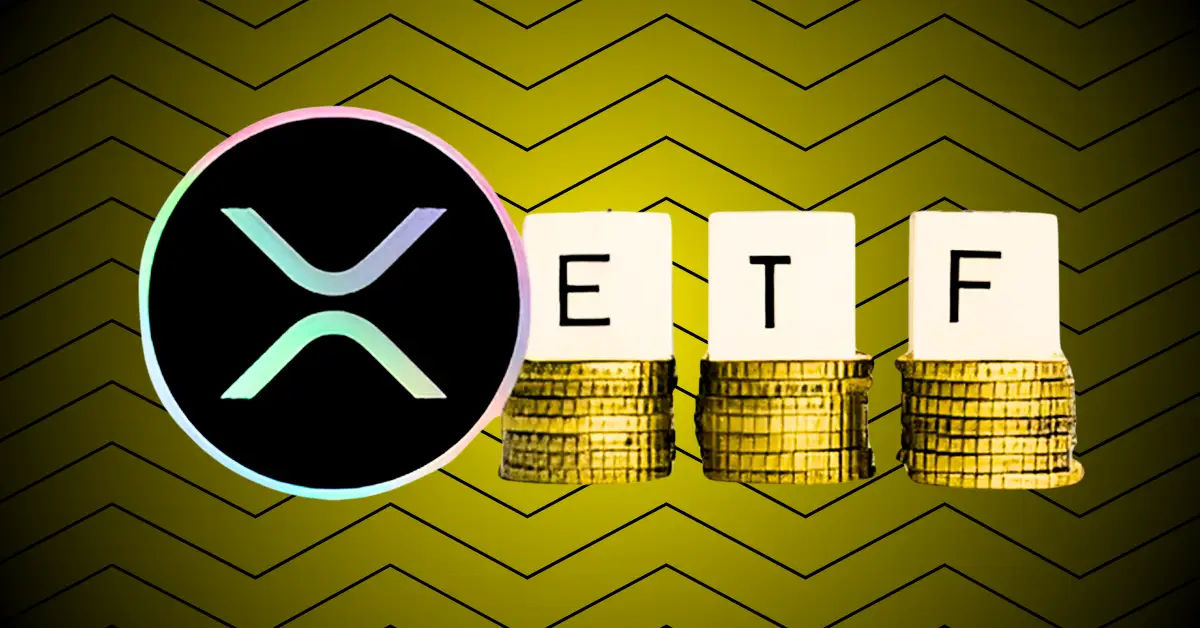XRP has emerged as the leading contender in the race for altcoin ETF approval, according to new research from cryptocurrency analytics firm Kaiko. With 10 different ETF filings from various issuers, XRP substantially outpaces its closest competitor Solana (SOL), which has secured five applications. This filing advantage, combined with several key metrics, positions XRP as potentially the next cryptocurrency to receive regulatory approval for an exchange-traded fund in the United States.
Market liquidity appears to be a crucial factor in XRP’s favor, with Kaiko highlighting that both XRP and Solana demonstrate superior 1% market depth—a critical measure of near-the-price liquidity that the SEC considers when evaluating ETF applications. XRP’s liquidity metrics have shown particular improvement toward the end of 2024, coinciding with its overtaking of Solana in total market capitalization. This enhanced market depth creates conditions favorable for efficient structured products, addressing one of the SEC’s primary concerns in previous crypto ETF evaluations.
Perhaps most significantly, XRP has shown substantial improvement in its domestic trading volume since being delisted from U.S. exchanges in 2021. While the concentration of trading activity outside the United States has historically been a regulatory concern, XRP’s growing share of domestic volume strengthens its ETF case. Conversely, Solana has experienced a decline in U.S. trading volume, with domestic activity falling from 25-30% to approximately 16%. Despite these positive indicators, Kaiko notes that both tokens still lack robust futures markets—an element that proved important in the SEC’s previous approval of itcoin">Bitcoin ETFs—suggesting potential hurdles remain as the SEC approaches its decision deadlines on pending applications.





